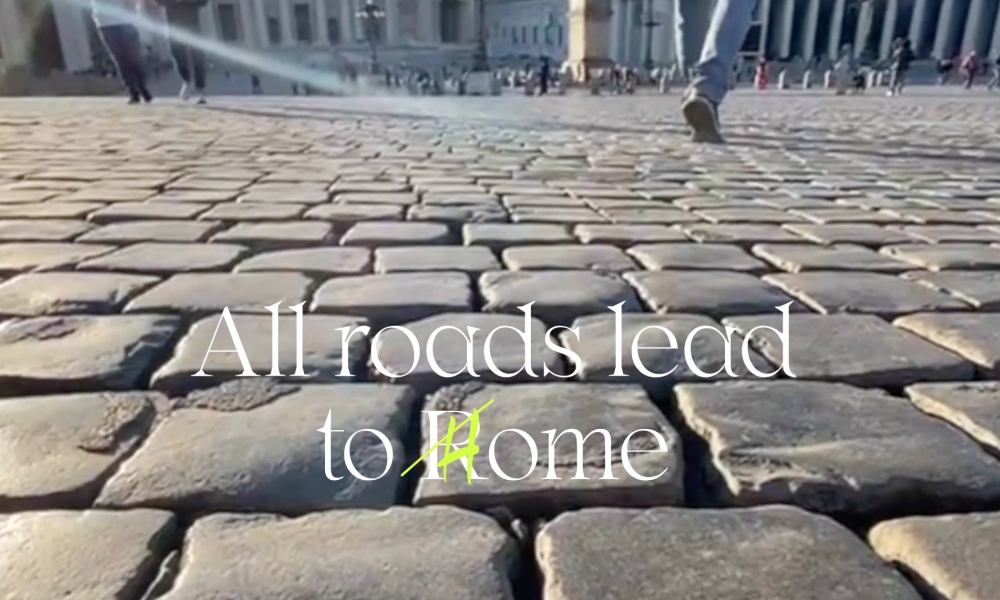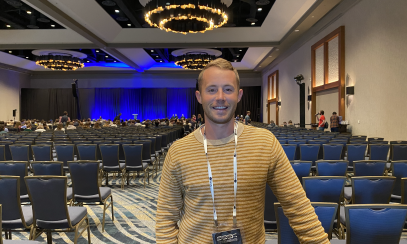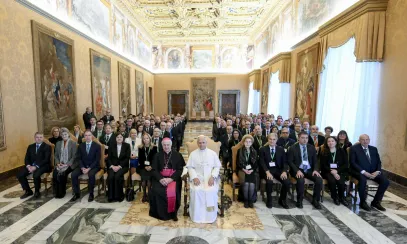
Vatican Aims to Draw Young 'Digital Pilgrims' to Rome's Papal Basilicas
The Vatican is seeking to draw pilgrims to the four historic papal basilicas scattered around Rome -- not physically, but virtually, through a website and podcast aimed at drawing young people into the spiritual depth of Rome's sacred spaces.
The Vatican is seeking to draw pilgrims to the four historic papal basilicas scattered around Rome -- not physically, but virtually, through a website and podcast aimed at drawing young people into the spiritual depth of Rome's sacred spaces.
The website -- basilicas.vatican.va -- was launched by the Vatican on Feb. 22. It features a virtual "table" at which animated saints and artists are seated with descriptions of who they are and their significance for the holy spaces highlighted on the site. An empty chair is also present to invite each "digital pilgrim" to sit at the table with them and visit the four papal basilicas.
Rome's four papal basilicas are St. Peter's Basilica, the Basilica of St. Mary Major, the Basilica of St. Paul Outside the Walls and the Archbasilica of St. John Lateran; they are the most highly ranked churches in the Catholic Church and each possess a holy door that is opened during Holy Years, typically every 25 years.
The new Vatican website showcases a podcast produced in partnership with Vatican News, "From Tourists to Pilgrims," in which art historians, restoration experts, professors and religious men and women discuss the spiritual significance of the history and art of each basilica.
The first episode of the podcast, less than three minutes long, explains the history behind the tomb of St. Peter upon which the basilica was built: a poor man's grave of bricks and stone assembled next to where he was martyred. Prayers centered on each of the saints for whom each basilica is named are also published on the site.
A Vatican press release accompanying the website's launch said the project was born out of a pilgrimage undertaken by 16 young communications professionals from 10 different countries who explored the four basilicas "not just as architectural monuments but as living witnesses of our faith."



